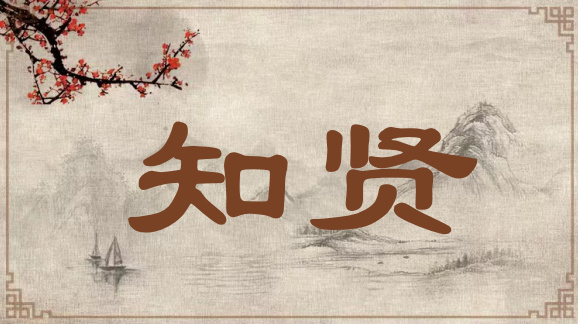Recognize Talents

鉴别有德才的人或辨别人的优劣。中国人自古注重任人唯贤,使其在国家治理中充分发挥作用,认为这是实现国家良好治理状态的重要保障。而鉴别贤才无疑是第一要务或必要前提。它要求执政者本身也有相应的杰出德才,却不以自身的德才为傲。这被认为是治国理政的难点所在,也是治国理政智慧的最高表现。
The ability to recognize individuals with both moral virtue and competence, or to discern the merits and shortcomings of people, has been a profound pursuit throughout Chinese history. Many historical classics suggest that the future of a well-governed state hinges on its ability to recognize and leverage the role of virtuous and competent individuals. Identifying such outstanding talent requires those in power to not only possess distinct moral and intellectual character, but also a humility with which to guard against self-glorification. This ability, which is at the heart of good governance, is crucial to effective governance.
引例 Citations:
◎故治国之难,在于知贤而不在自贤。(《列子·说符》)
治国的难点,在于鉴别贤才,而不在治国理政者自以为贤人。
The true challenge to one in governance is in his ability to recognize the outstanding talent of others, not in viewing himself as being talented. (Liezi)
◎仁者莫大乎爱人,智者莫大乎知贤。(《孔子家语·王言解》)
有仁爱莫大于爱人,有智慧莫高于知贤。
For the virtuous, there's no greater act than loving others. For the visionary, there's no greater wisdom than recognizing talents. (Sayings of Confucius and His Disciples)
推荐:教育部 国家语委
供稿:北京外国语大学 外语教学与研究出版社
责任编辑:钱耐安





